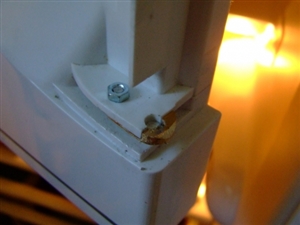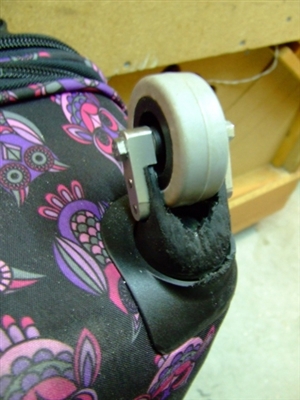To start thing off I have attached a couple of pictures of recent repairs I have made. Did it make sense to make these repairs? I think so.


Best regards
Roger
I was talking to a university professor who informed me that most engineering hobbyists usually have very little advantage over non-hobbyists in electronic engineering degree courses. It’s something to do with the style of learning and assessment required for success in exams and assessments. He even admitted that many engineering hobbyists would be better off taking a more avocational course rather than an engineering degree.
I often wonder ... well, perhaps worry ... about this, as it does mirror my own experience, including some things being taught on the degree I did being very distant from how it's done in the real world (and on occasion, perhaps wrong).
This leads to the following thoughts (simplified summary, definitely "generalisation" in its grossest form, each point debatable and of course individuals may fall between the cracks of this):
I was talking to a university professor who informed me that most engineering hobbyists usually have very little advantage over non-hobbyists in electronic engineering degree courses. It’s something to do with the style of learning and assessment required for success in exams and assessments. He even admitted that many engineering hobbyists would be better off taking a more avocational course rather than an engineering degree.
I often wonder ... well, perhaps worry ... about this, as it does mirror my own experience, including some things being taught on the degree I did being very distant from how it's done in the real world (and on occasion, perhaps wrong).
This leads to the following thoughts (simplified summary, definitely "generalisation" in its grossest form, each point debatable and of course individuals may fall between the cracks of this):
We're about to take you to the IET registration website. Don't worry though, you'll be sent straight back to the community after completing the registration.
Continue to the IET registration site